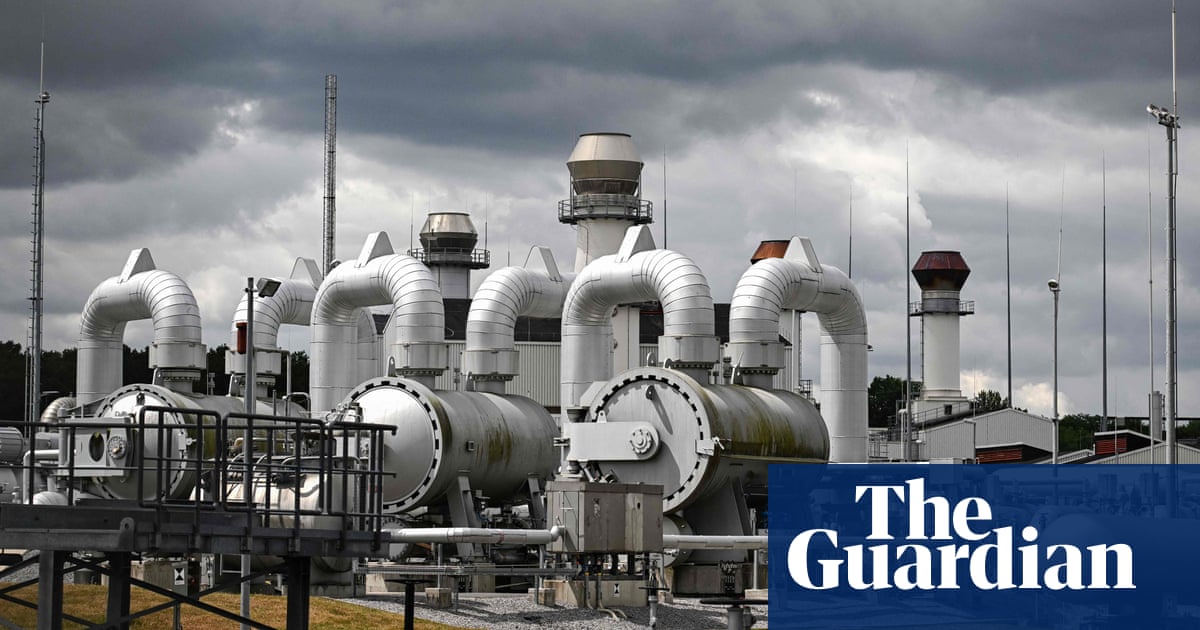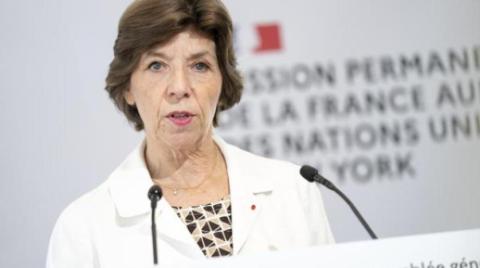
The war in Ukraine has forced Europe and the EU in particular to face many of the dangers it has been trying to avoid, as well as to reconsider past certainties and strategies. It is a rude awakening for the EU to the realities of the world and the major geopolitical risks of the future. The horrible situation is not only about energy independence, but also about building a true deterrence and autonomy when it comes to military and security strategies. The EU and the West in general have been lost in internal societal debates about their own construct while not getting ready for the geopolitical dangers of our new world.
What is even more surprising is that some voices are about to make the same mistakes when it comes to the key points of energy and security. Indeed, some in the EU have started speaking up about the need for the nuclear deal with Iran to move forward and fast, simply because they believe Iran’s gas supplies can replace Russia’s. It is well known that Iran ranks second in the world after Russia in terms of natural gas reserves, accounting for about 17 percent of the planet’s total. However, those Europeans who think the Tehran regime will prove a better partner than Moscow are in for an unpleasant surprise.
It is the same lack of understanding that has partly led to the situation in Ukraine. For example, Germany, mainly for electoral purposes, demolished its energy independence by renouncing nuclear power, hence becoming dependent on Russian gas. Such agendas, along with various states’ execution of the transition to renewables, have placed Europe in this situation of dependence. They have demonized nuclear power as well as petroleum products and now have to rely on others.
Energy is not the only factor. In the same line of thinking, the ideas of a unified European military command and unified foreign policy decision-making were demolished before they were even born. Europe and its many voices were never capable of making a compelling case to its strongest supporter and ally, the US. They were not able to face up to the risks and push for more autonomy and decision-making. Even when deterring or confronting Russia, the EU could not explain to the US how to adapt to the realities on the ground. This is a big miss, especially as Washington had been clearly stating the need to disengage from Moscow, which meant the need for a bigger European role.
This might change now, but the EU’s will, unity and perseverance will be tested no matter whether the conflict lasts or ends quickly. Russia will face sanctions and hostilities better than the EU will face high energy prices, inflation or a potential drop in the supply of wheat, with Russia and Ukraine among the world’s biggest exporters of such produce. There is a commonality in the way these European voices have framed both the energy issues and the geopolitical ones, indicating a lack of understanding of the hard truths of this world and the meaning of hard power.
The same beliefs the EU leaders are espousing when facing Russia apply even more to the Iranian regime
Khaled Abou Zahr
And this is why I fail to understand those that are now pushing for a nuclear deal in Vienna in order to replace or mitigate Russia’s gas supplies with Iran’s. Do they expect the Iranian regime to be a better partner? Do they really think this will bring stability? Have they not assessed this regime’s behavior and actions in the Middle East? They are once again mistaken and will be caught up in an even worse blackmail scheme.
It is quite impressive to see some in the EU keeping a straight face when pushing for sanctions against Russia while looking to lift them from Iran. What I fail to comprehend is that these people, who have been screaming that sanctions against Iran do not work and a deal is needed, are now telling us that sanctions against Russia are needed and will work. So I simply ask, why would sanctions not work for Iran but will work for Russia? It is also clear that they would like to lift the sanctions on Tehran so that they can do business there, replacing the opportunities that have now been closed off in Eastern Europe.
Thus, the violent regime in Iran is now considered worthy of negotiations. Why are members of this regime worthy of enjoying topfentorte, the Austrian cheesecake-like dessert, and good coffee and tea in beautiful Vienna while negotiating a deal? Why are their actions of invading Lebanon not important? Why is the fact they sent armed militias to Syria not important? Why is the fact they control destructive militias in Iraq not important? Why is the fact they are destroying Yemen by supporting the Houthis not important? Or is it the opposite and these actions make them worthy of having sanctions lifted and negotiating a nuclear deal to their own liking?
The Ukrainian war comes as a severe warning. And, as always with war, the outcome is unknown, while the only certainties are destruction and death. Therefore, the EU needs to build a consistent strategy that protects the bloc. This starts with doing what is right — and rewarding the Iranian regime is not right — not until it renounces its expansionist and destructive policies. The same beliefs the EU leaders are espousing when facing Russia apply even more to the Iranian regime, or else it is all just hypocrisy and virtue signaling.
Khaled Abou Zahr is CEO of Eurabia, a media and tech company. He is also the editor of Al-Watan Al-Arabi.
Disclaimer: Views expressed by writers in this section are their own and do not necessarily reflect Arab News" point-of-view












